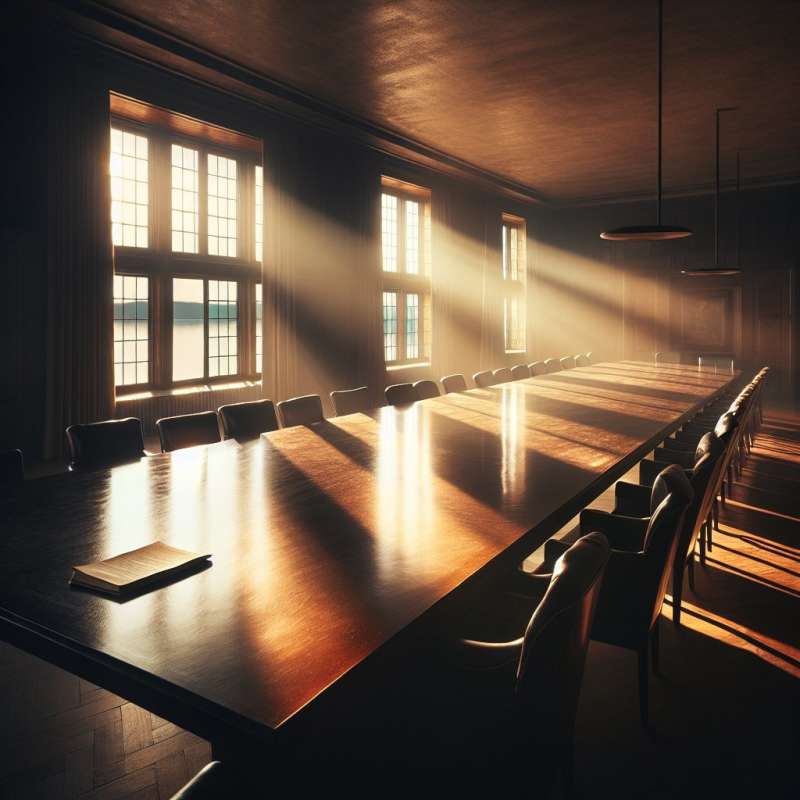
Defining the Holocaust
The Holocaust, or Shoah, refers to the systematic, bureaucratic, state-sponsored persecution and murder of six million Jews by the Nazi regime and its collaborators during World War II.
Pre-War Jewish Life
Before the Holocaust, 9.5 million Jews lived in Europe. They had diverse cultures, many spoke Yiddish or Hebrew, and contributed richly to their countries' economies, arts, and sciences.
Wannsee Conference Revelation
At the Wannsee Conference in 1942, Nazi officials discussed the 'Final Solution'. This led to the coordination of industrialized murder, including gas chambers in extermination camps.
Resistance and Resilience
Jewish resistance during the Holocaust was widespread, including uprisings like the Warsaw Ghetto Uprising of 1943 and partisans disrupting German operations.
Educational Impact
Studies show Holocaust education can reduce prejudice. It's included in UNESCO's Global Citizenship Education agenda, emphasizing the importance of human rights and dignity.
Memorial Sites Significance
Memorial sites at former concentration camps, like Auschwitz-Birkenau, educate millions annually, ensuring the memory of victims is preserved and lessons learned continue to resonate.
Innovations in Remembrance
Augmented reality apps and virtual tours now complement traditional Holocaust education, allowing for immersive experiences of historical sites without physical presence, broadening access globally.
What does the Holocaust refer to?
WWII battle events
Systematic murder of six million Jews
A single extermination camp's operation
Company